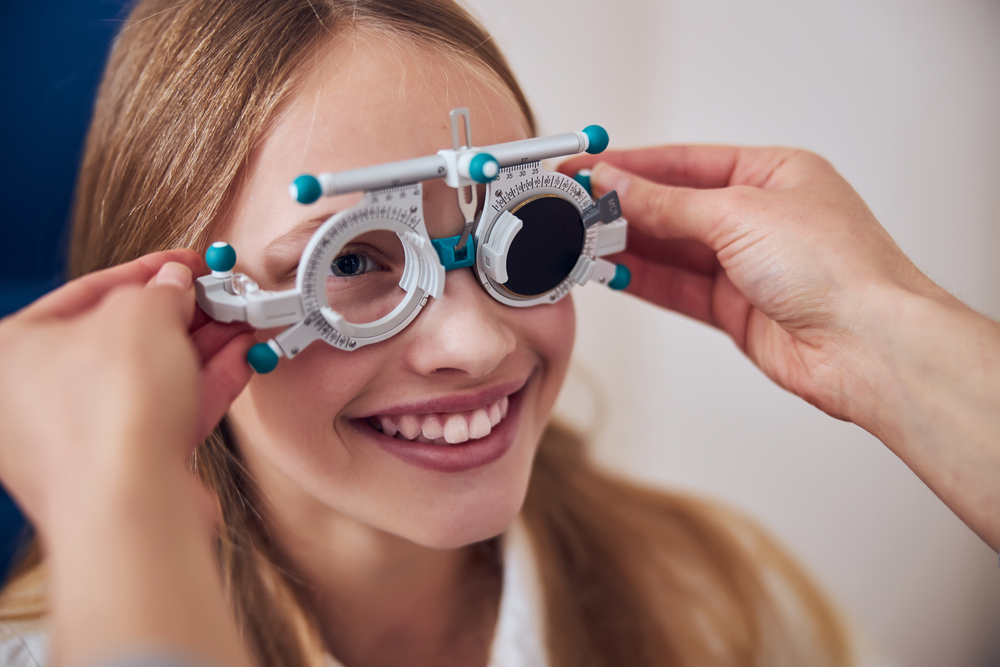
When it comes to healthy vision, the ability for your eyes to work together as a team is essential. One common condition that disrupts this teamwork is convergence insufficiency (CI) - a binocular vision disorder that affects the way the eyes coordinate when focusing on nearby objects. Left untreated, convergence insufficiency can make reading, studying, or working on a computer challenging, often leading to eyestrain, headaches, double vision, and difficulty concentrating.
What Is Convergence Insufficiency?
Convergence insufficiency occurs when the eyes struggle to turn inward together to focus on a close-up task. Instead of aligning smoothly, one or both eyes may drift outward, making it hard to maintain clear, comfortable vision. This condition often goes undetected in routine eye exams, as standard vision screenings may not test for binocular vision skills.
Common Symptoms
People with convergence insufficiency often experience:
• Eyestrain or discomfort during reading or near work
• Frequent headaches, especially after extended focus
• Words appearing to move, float, or double on the page
• Difficulty with reading comprehension and maintaining attention
• Avoidance of near tasks like homework or computer use
Because these symptoms mimic attention-related issues, CI can sometimes be mistaken for learning difficulties.
Why Vision Therapy Works
The good news is that vision therapy offers a highly effective treatment for convergence insufficiency. Vision therapy is a customized program of eye-brain exercises designed to retrain the visual system.
With guided activities that progressively strengthen eye coordination, therapy helps the eyes learn to work together more effectively. Clinical research, including studies funded by the National Eye Institute, has confirmed that office-based vision therapy combined with at-home exercises is the most effective treatment for convergence insufficiency.
Benefits of Treating Convergence Insufficiency
By addressing convergence insufficiency with vision therapy, patients often notice improvements in both vision and overall quality of life, such as:
• Greater comfort during reading and screen use
• Improved focus, comprehension, and productivity
• Reduced headaches and eyestrain
• Increased confidence in academic and professional tasks
Improve Reading, Learning, and Focus at The Center for Vision Development
Convergence insufficiency can impact learning, productivity, and daily comfort. The Center for Vision Development specializes in diagnosing and treating binocular vision disorders like CI through personalized vision therapy programs. With the right care, patients can overcome these challenges and unlock their full visual potential.
If you or your child struggles with reading, focus, or eye strain, it may be time for a binocular vision evaluation. Contact The Center for Vision Development to schedule a consultation and learn how vision therapy can help. Visit our primary location in Annapolis, Maryland, or call (410) 268-4393 to book an appointment today.











